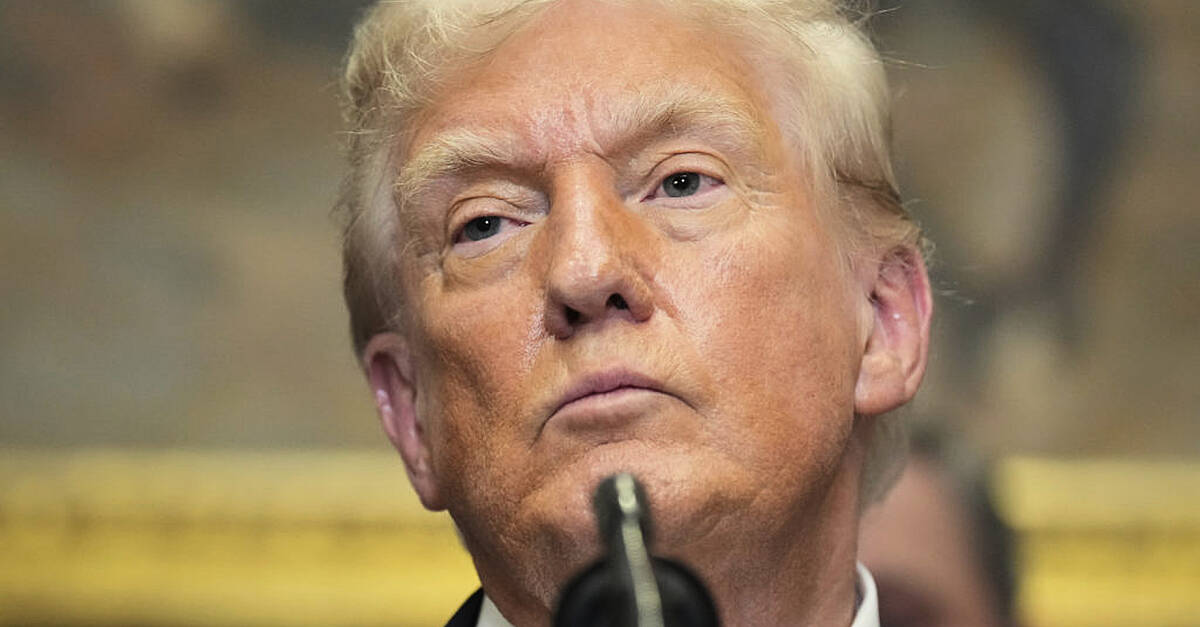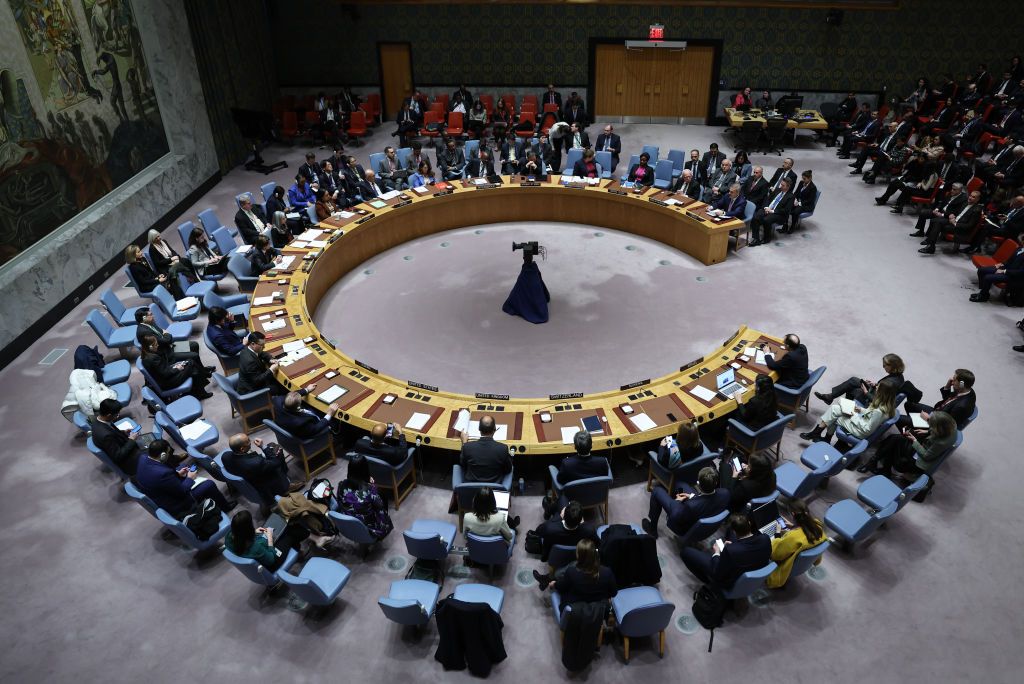MIT Bars Student Leader from Graduation Ceremony After Pro-Palestine Speech

The Massachusetts Institute of Technology (MIT) has taken a significant step in response to a controversial speech delivered by Megha Vemuri, the president of the Class of 2025. The institution announced on Friday that Vemuri would be barred from participating in the official graduation commencement ceremony, which took place that day. This decision followed her remarks made at a separate campus event on Thursday, where she expressed strong support for Palestine in a speech that has since gained significant attention online.
In a statement issued on Friday, MIT confirmed the disciplinary action yet did not specifically name Vemuri. Kimberly Allen, a spokesperson for the university, stated, "While that individual had a scheduled role at today's Undergraduate Degree Ceremony, she was notified that she would not be permitted at today’s events." This clarification highlights the university's stance and its commitment to maintaining decorum during official ceremonies.
Allen elaborated further, asserting that MIT supports free expression but firmly stands by its decision. The university criticized Vemuri for what it described as “deliberately and repeatedly misleading Commencement organizers” and leading a protest from the podium, which they deemed disruptive during an important university ceremony. These comments underline the tension between free speech and institutional protocols that universities often navigate.
During the OneMIT commencement event on Thursday, Vemuri wore a keffiyeh, a traditional scarf that has become a symbol of Palestinian solidarity. In her speech, she condemned MIT's research collaborations with the Israeli military, accusing the university of being complicit in actions against Palestinians. Vemuri boldly stated, "The students of MIT will not tolerate genocide," and praised the activism on campus supporting Palestinian rights. The passionate nature of her remarks resonated with many, leading to widespread sharing, particularly by organizations like the Palestinian Youth Movement.
MIT officials have since pointed out that Vemuri's speech diverged from the content that had been pre-approved for the event. The university maintained that her actions constituted a protest during a formally sanctioned ceremony, which is likely a key factor in their decision to revoke her participation in the commencement.
Vemuri, an Indian-American student leader, was expected to address attendees again during the main graduation event on Friday. However, after being informed of her exclusion, her role in the ceremony was officially rescinded, marking a significant moment in the ongoing debate surrounding freedom of speech on college campuses.
This incident takes place against a backdrop of heightened tensions across U.S. universities regarding the ongoing conflict in Gaza. As calls for pro-Palestine demonstrations gain momentum, students are increasingly urging their institutions to divest from partnerships and programs that are perceived as supportive of the Israeli military. The broader implications of Vemuri's speech and MIT's response are reflective of the challenges universities face in balancing free expression with institutional affiliations.
























